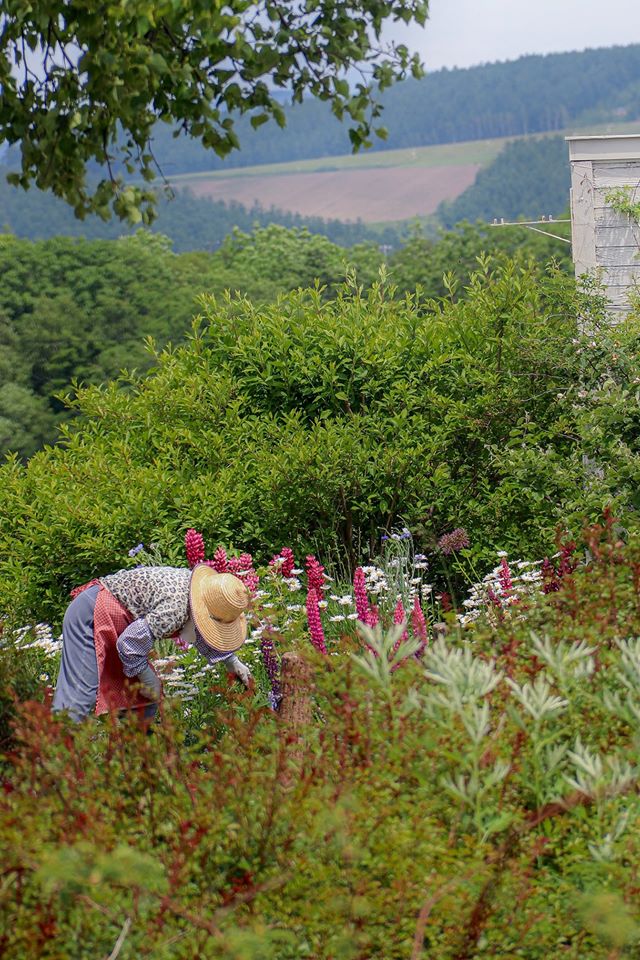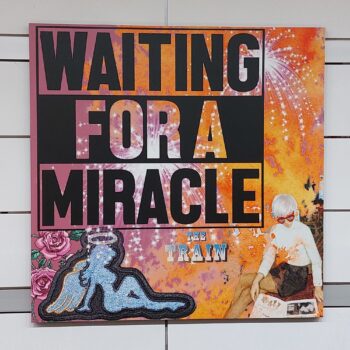Your mind can be likened to a garden where you plant seeds of beliefs and associated thought patterns. These seeds of beliefs eventually grow into flowers of emotional and physical experiences. Hence, it follows, that some beliefs are like ‘weeds’ that grow into painful emotional and physical experiences, while other seeds of beliefs are like the seeds of beautiful flowers, which eventually become expressions of compassion, peace, joy, beauty, and freedom. In other words, certain “seeds of beliefs” are like weeds in your “mental garden” that may disturb your “state of mind”, bringing experiences of distress, pain, and suffering. Thus, your mind is like an inner mental garden that needs continuous and constant care. It needs both intentional planting of beliefs of love, as well as weeding from beliefs of fear, judgment, guilt and the like. As you give continuous care to your inner garden, you will be better able to look upon yourself and others from a place of love, compassion, forgiveness and acceptance. And, you will gradually create a life full of love, joy, peace, freedom and fulfillment.
As formulated in the book The Way of the Heart (by Jayem, 2014):
“… If you were a gardener, would you not cultivate the art of weeding your garden? Would you not look to see that the soil is just the correct dampness? Would you not keep your eye on the clouds on the horizon and the heat of the day? Would you not cover the delicate plants that need protection while they grow strong? And if those that would come would not respect your garden, would you not ask them to leave, or build a temporary fence until the garden is strong enough — until it bursts forth with enough fruit so that you can give to even those who do not respect it? — “Be you, therefore, a wise gardener. Cultivate a deep love and respect for yourself….”, which will eventually overflow to others…
Photo below from Unsplash.com




